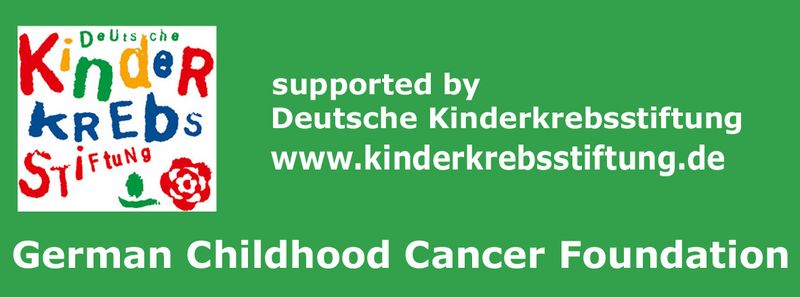Mutational pattern determining exposure to infection in pB-ALL
This project, funded by the German Childhood Cancer Foundation, is a cooperation with the Department of Pediatric Oncology, Hematology and Clinical Immunology of the University Hospital in Düsseldorf. The aim is to find out the causes of the increase in childhood acute lymphoblastic leukemia (ALL). The determination and differentiation of different "molecular fingerprints" should help to develop preventive approaches to the currently most common childhood cancer. Leukemia accounts for a third of all cancers in children, and according to SEER data from the National Cancer Institute, the incidence of ALL in children increased from 2.2 per 100,000 in 1975 to 4.0 per 100,000 in 2005. Hence childhood leukemia arose to a “modern life-style” malignancy making preventive strategies as important as any therapy improvement. Profound epidemiological and recently experimental evidence exists that exposure to infection is a contributing factor to childhood pB-ALL. Therefore leukemia prevention using antibiotics treatment or vaccination is an attractive approach in the future, which needs to be envisaged. Tumor mutational pattern related to environmental exposure can be defined based on sequence mutations induced by APOBEC/AID family members using Whole Exome Sequencing (WES) data sets. WES is on the edge to enter routine clinical diagnostics and these data represent an unlimited resource to define contributing environmental exposure by applying sophisticated bioinformatic algorithms.
Contact: Dr. Carolin Walter

Project number: DKS 2016.17


